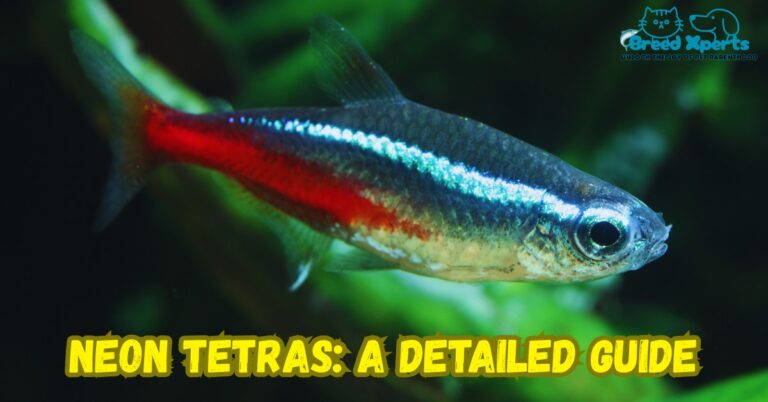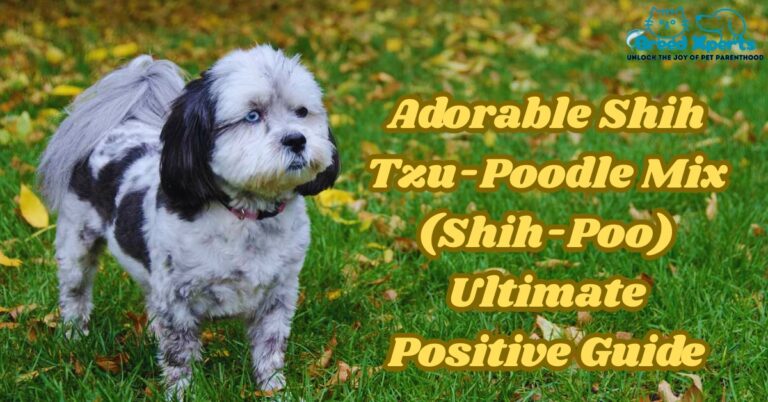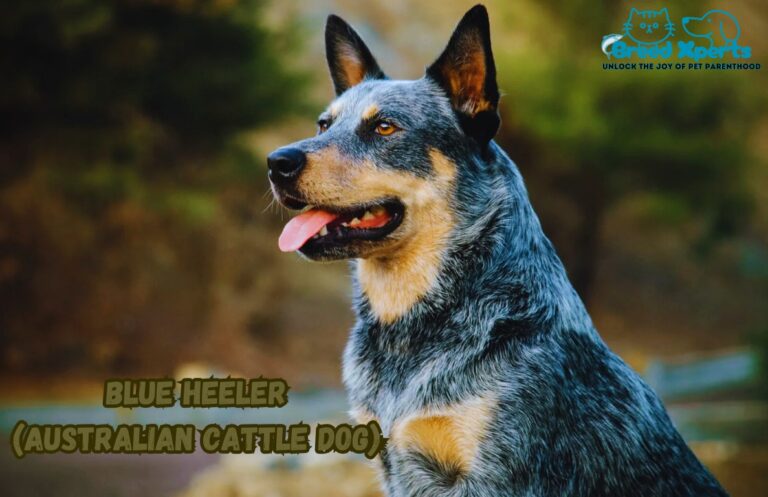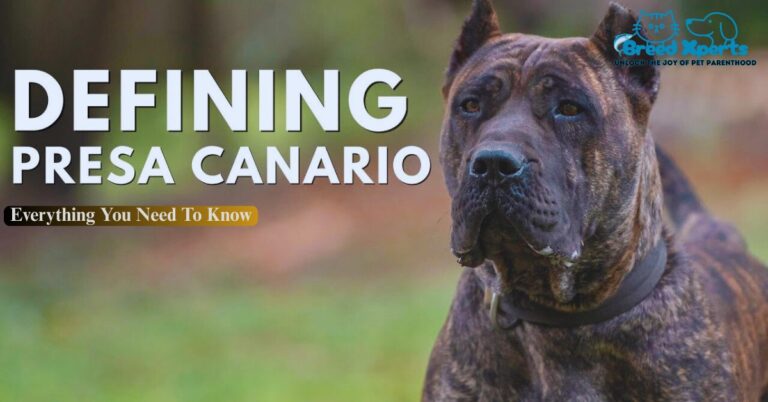Miniature Dachshund: 12 Fascinating Facts About the Dog Breed
The Miniature Dachshund is one of the most popular small dog breeds worldwide, admired for its charming looks, bold personality, and affectionate nature. Originally bred in Germany to hunt small animals, these little dogs are now cherished family companions. Despite their small size, they are known for their bravery, intelligence, and strong attachment to their owners. With their long bodies, short legs, and expressive eyes, Miniature Dachshunds have earned a place in the hearts of millions of pet lovers.
This article will explore every detail about the breed, including history, characteristics, temperament, training needs, care tips, and much more. Whether you are a future Dachshund parent or simply curious about this adorable dog, this comprehensive guide will provide you with everything you need to know.
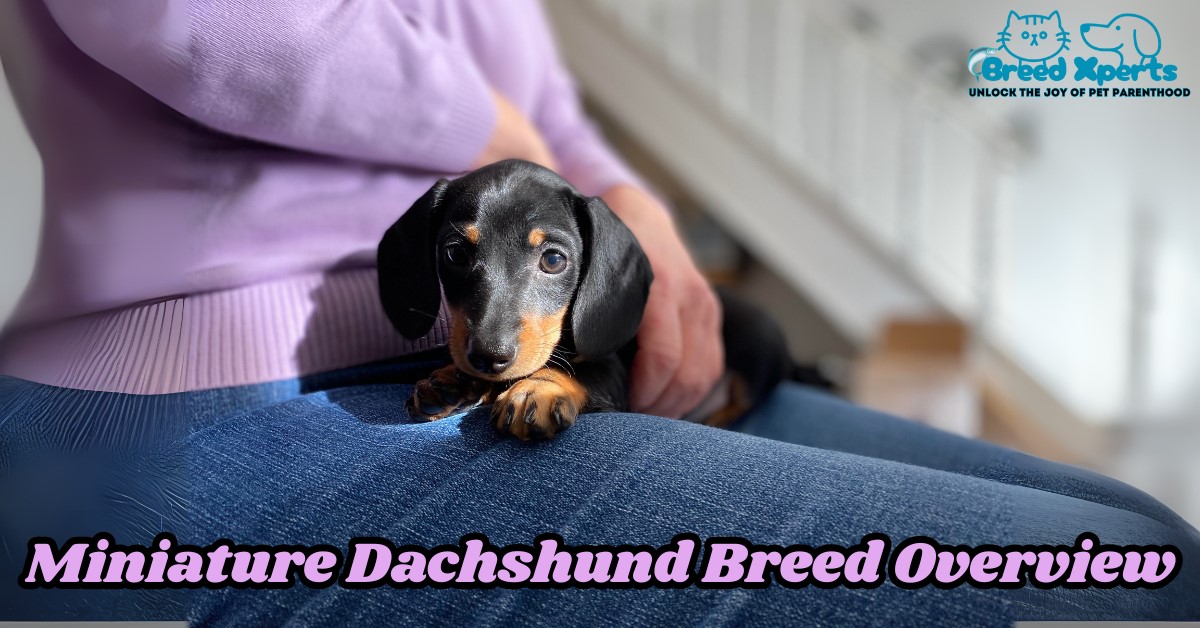
Breed Overview
- Group: Hound group
- Size: Small
- Weight: Typically 8–11 pounds
- Life Span: 12–16 years
- Personality: Playful, curious, loyal, and independent
- Energy Level: Moderate to high
- Coat Types: Smooth, long-haired, and wire-haired
- Colors: Black, tan, chocolate, cream, red, dapple, piebald, and more
The Miniature Dachshund’s unique appearance is not just for show; its long, low body was designed to help it chase prey into burrows. Today, this same trait gives the breed its signature look and charm.
History and Origin of the Miniature Dachshund
The Miniature Dachshund originated in Germany during the 15th and 16th centuries. The word “Dachshund” literally translates to “badger dog” in German, reflecting the breed’s original purpose. These small dogs were trained to hunt badgers, rabbits, and other burrowing animals. Their courageous spirit and long, low bodies made them ideal for entering underground tunnels.
Over time, smaller Dachshunds were bred to hunt rabbits and other small prey, leading to the development of the Miniature Dachshund. By the 19th century, the breed had become popular in Europe, eventually making its way to the United States, where it quickly gained recognition as a beloved companion.
Physical Characteristics
Miniature Dachshunds are famous for their distinctive shape and small but strong build. Here are their most notable physical traits:
- Body: Long and muscular with a deep chest and short legs.
- Head: Tapered muzzle, long nose, and intelligent eyes.
- Ears: Long, floppy, and set near the top of the head.
- Coat Types:
- Smooth-haired: Sleek and shiny coat.
- Long-haired: Flowing, elegant fur.
- Wire-haired: Coarse and dense coat.
- Colors: A wide range of colors, including solid red, cream, chocolate, black and tan, dapple, and piebald.
Despite their small stature, Miniature Dachshunds are sturdy and athletic, capable of impressive bursts of energy.
Personality and Temperament
The Miniature Dachshund’s personality is one of the most endearing aspects of the breed. Known for being both playful and courageous, they make excellent companions for individuals and families.
- Affectionate: They bond closely with their families and enjoy being part of household activities.
- Alert: Dachshunds make excellent watchdogs, often barking to alert owners of strangers.
- Independent: While loving, they also have a stubborn streak that reflects their hunting heritage.
- Curious: They love exploring and sniffing, a trait inherited from their hunting days.
- Playful: These dogs enjoy games and thrive on interaction with their owners.
Their temperament can vary slightly depending on coat type. For example, long-haired Miniature Dachshunds are often calmer, while wire-haired ones may have a more outgoing personality.
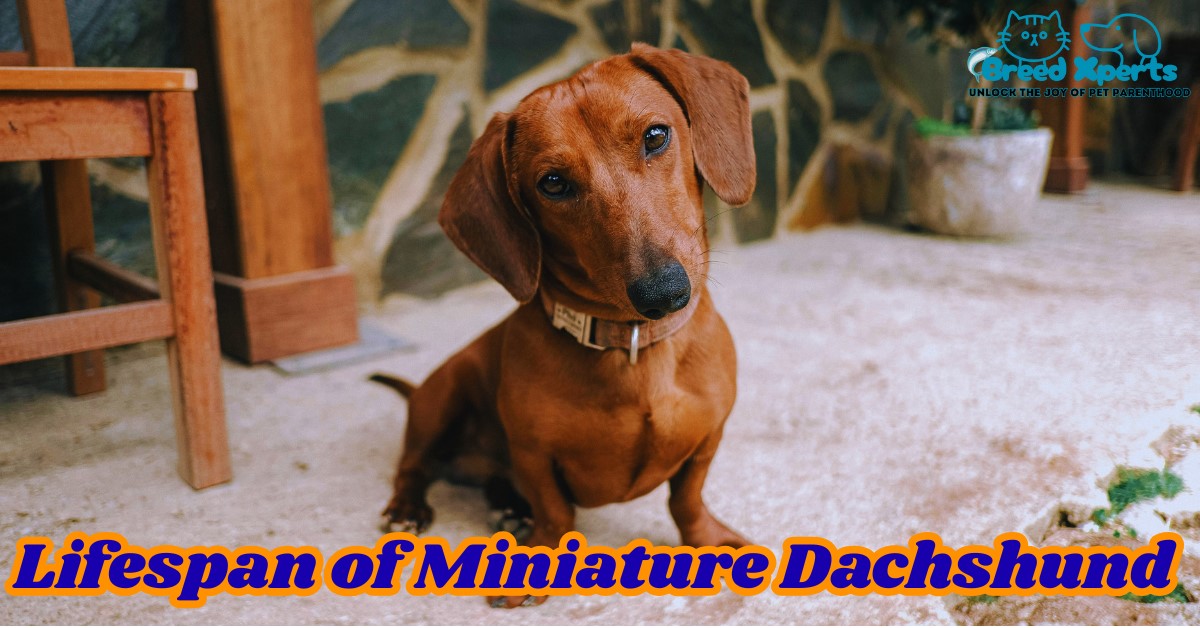
Miniature Dachshund Lifespan
One of the advantages of owning a Miniature Dachshund is their relatively long lifespan compared to larger breeds. On average, they live between 12 to 16 years. With proper care, some can even reach 18 years. Their longevity is due in part to their small size and robust health when responsibly bred.
Factors influencing lifespan include diet, exercise, genetics, and overall care. Preventing obesity and protecting their backs from injury are crucial for helping them live a long and healthy life.
Miniature Dachshund Size
Miniature Dachshunds are small but sturdy dogs. According to breed standards:
- Height: 5–6 inches tall at the shoulder.
- Weight: 8–11 pounds.
Despite their small size, they are energetic and agile, requiring daily exercise to keep them healthy and happy. Their compact frame makes them suitable for apartment living, but they still enjoy outdoor play and exploration.
You Can Also Read About: Shih Tzu-Poodle Mix (Shih-Poo)
Training and Socialization
Training a Miniature Dachshund can be both rewarding and challenging. Their intelligence makes them quick learners, but their stubborn and independent streak requires patience and consistency.
- Positive Reinforcement: Reward-based training works best.
- Socialization: Introduce them to different people, pets, and environments early to reduce shyness or aggression.
- House Training: This can be challenging due to their small bladder, but with consistency, they adapt well.
- Obedience Training: Essential to curb barking and prevent unwanted behaviors.
With proper training, Miniature Dachshunds can become well-mannered and obedient companions.
Exercise and Activity Needs
While small, Miniature Dachshunds have moderate energy levels and require daily exercise.
- Daily Walks: At least 20–30 minutes per day.
- Playtime: Games like fetch or tug-of-war are great options.
- Mental Stimulation: Puzzle toys and scent games help keep their sharp minds engaged.
- Caution: Avoid activities that put too much strain on their backs, such as excessive jumping or climbing stairs.
These dogs thrive in environments where they receive both physical and mental stimulation.
Grooming and Coat Care
Grooming needs depend on the coat type of your Miniature Dachshund:
- Smooth-Haired: Low-maintenance, requiring weekly brushing.
- Long-Haired: Needs more frequent brushing to prevent tangles.
- Wire-Haired: Requires hand-stripping or regular trimming to maintain coat texture.
Additional grooming needs:
- Ears: Clean regularly to prevent infections.
- Nails: Trim monthly.
- Teeth: Brush several times a week to maintain dental health.
Regular grooming not only keeps your Miniature Dachshund looking great but also helps prevent health issues.
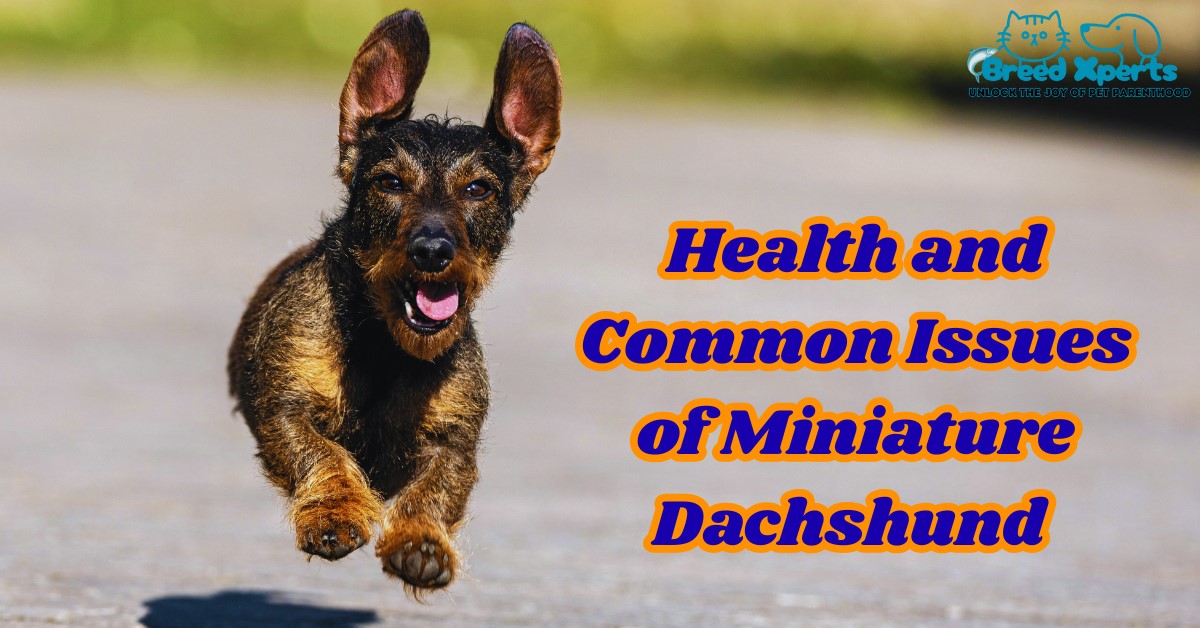
Health and Common Issues
While generally healthy, Miniature Dachshunds are prone to specific health problems:
- Intervertebral Disc Disease (IVDD): A common back issue due to their long spine.
- Obesity: Excess weight can lead to serious health problems, especially back injuries.
- Dental Problems: Small breeds often suffer from tartar buildup.
- Eye Conditions: Such as cataracts or progressive retinal atrophy.
Preventive care is key. Regular vet check-ups, a balanced diet, and weight management will help minimize risks.
Nutrition and Feeding
Feeding your Miniature Dachshund properly is essential for maintaining a healthy weight and preventing back issues.
- Portion Control: Overfeeding can quickly lead to obesity.
- High-Quality Food: Choose dog food rich in protein and essential nutrients.
- Feeding Schedule: Two small meals per day instead of free-feeding.
- Avoid Human Food: Many human foods can be toxic or unhealthy for dogs.
Consult your veterinarian to determine the best diet for your Miniature Dachshund based on age, size, and activity level.
Living with a Miniature Dachshund
Miniature Dachshunds are adaptable and thrive in different living situations as long as their needs are met.
- Apartment-Friendly: Their small size makes them suitable for apartment living.
- Family Dogs: They enjoy being around families but may be cautious around very young children.
- Travel Companions: Portable and easy to take along on trips.
- Other Pets: With early socialization, they can coexist with other animals.
These dogs crave companionship and should not be left alone for long periods.
Miniature Dachshund with Families and Kids
When properly socialized, Miniature Dachshunds make wonderful family pets. They are affectionate, playful, and protective. However, due to their small size and delicate back, children should be taught how to handle them gently.
- Supervision: Always supervise interactions between dogs and young kids.
- Gentle Handling: Teach children not to pull ears or tails.
- Respect: Encourage kids to respect the dog’s space.
With proper guidance, they become loyal and loving family companions.
Fun Facts About Miniature Dachshunds
- The breed is often nicknamed “wiener dog” or “sausage dog” because of its long body.
- They were one of the first breeds to be recognized by the American Kennel Club (AKC).
- A Miniature Dachshund once held a Guinness World Record for the longest lifespan of 21 years.
- They are a favorite among celebrities, with many stars owning them.
- Their sense of smell is extremely sharp, almost as good as larger hounds.
- In Germany, they are a national symbol and often appear in cultural references.
- The breed comes in a wide variety of coat colors and patterns.
- They have been featured in numerous movies and TV shows.
- Dachshunds were even used as mascots during sports events.
- Despite their size, they still retain strong hunting instincts.
Conclusion
The Miniature Dachshund is a small but mighty breed that combines courage, charm, and loyalty. Their playful personalities and affectionate nature make them perfect companions for many households. While they require careful training and back protection, their love and devotion far outweigh the challenges.
If you are looking for a devoted, entertaining, and lovable companion, the Miniature Dachshund may just be the perfect match for you.
FAQ:
Are miniature Dachshunds good pets?
The Miniature Dachshund is a loyal, playful and loving dog, making them a popular family pet. Whether you already have a Miniature Dachshund, or are thinking about bringing one into your home, this handy guide will teach you everything that you need to know about this intelligent breed of dog.
What are the cons of a Miniature Dachshund?
Common Health Problems
Disc damage and other back problems: Because of their elongated spine, mini dachshunds are susceptible to back problems such as intervertebral disc disease or IVDD. This disc damage is similar to a slipped disc in humans. It can lead to damage to the spine or even paralysis.
How big do mini Dachshunds get?
around 5 to 7 inches
Miniature Dachshunds typically reach a height of around 5 to 7 inches and weigh between 8 to 11 pounds. Their small size makes them easy to handle and transport, allowing you to take them along wherever you go—from trips to the store to adventures across the country.
Are Dachshunds high maintenance?
Blue eyes are also possible for dapple Dachshunds. Dachshunds are considered to be a low-maintenance breed when it comes to grooming.
Do mini dachshunds bark a lot?
Dachshunds were bred to be hunting dogs, and like all hunting dogs, they tend to bark. Their bark can be loud, especially considering their small size. Many Dachshunds are sensitive to changes in their environments, which increases the likelihood of excessive barking.
Are dachshunds easy to potty train?
New owners of Dachshunds often ask about how to get them house-trained and the Miniatures, in particular, have something of a reputation for being difficult to house-train. In practice, this is often down to how the owner has gone about the process rather than the breed being difficult.
What is the lifespan of a mini dachshund?
One of the best reasons for adopting a Miniature Dachshund is that they are friendly, vivacious, and tend to be long-lived dogs, just like the Dachshund. On average, a Miniature Dachshund will live between 12 and 16 years, and some lucky Minis will live a few years longer.
What are the negative effects of dachshunds?
Dachshunds are predisposed to obesity because their short stature and small legs make it more difficult for them to exercise. Dachshunds are also prone to disorders that impact their mobility, such as IVDD and orthopedic conditions. These conditions make it harder for your dog to move, which leads to weight gain.
Do mini Dachshunds cuddle?
Dachshunds see snuggling as a way to strengthen their bond with you, making you feel as safe and cherished as they do. EVERY morning my boy will come jump. up. on the couch beside me, onto his back legs like a meerkat, then shimmy sideways until I grab him, then he’ll roll over until I’m holding him like a baby!
What do Dachshunds eat?
The best diet for a Dachshund is nutritionally balanced according to their life stage and energy needs. This typically includes a combination of high-quality proteins, healthy fats, vitamins, minerals, and fibre from vegetables and berries.

